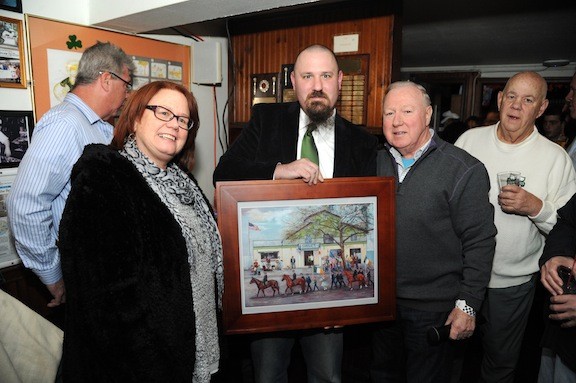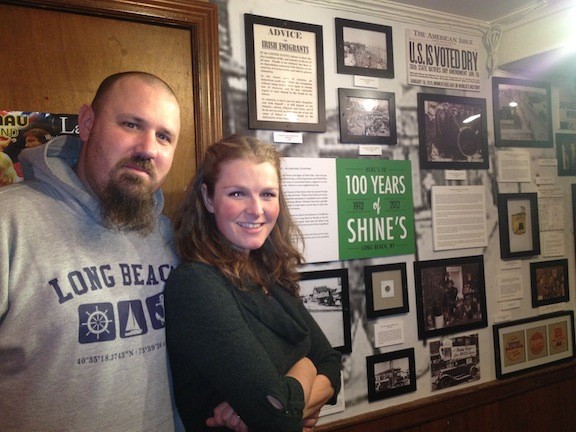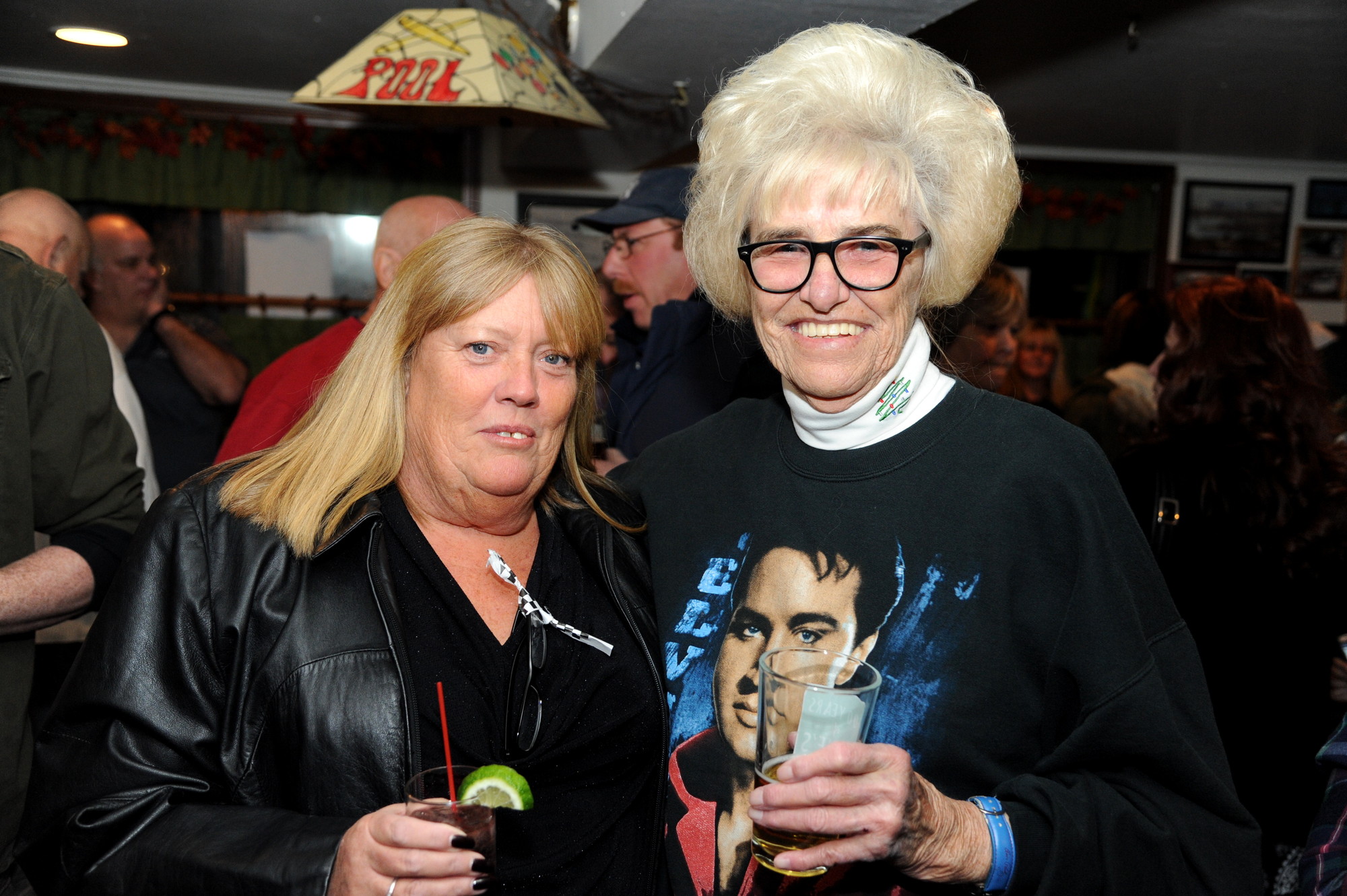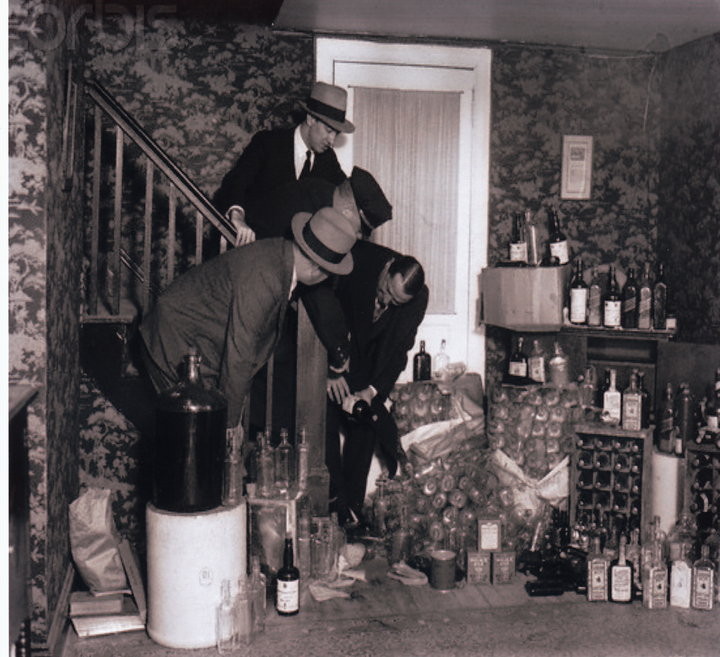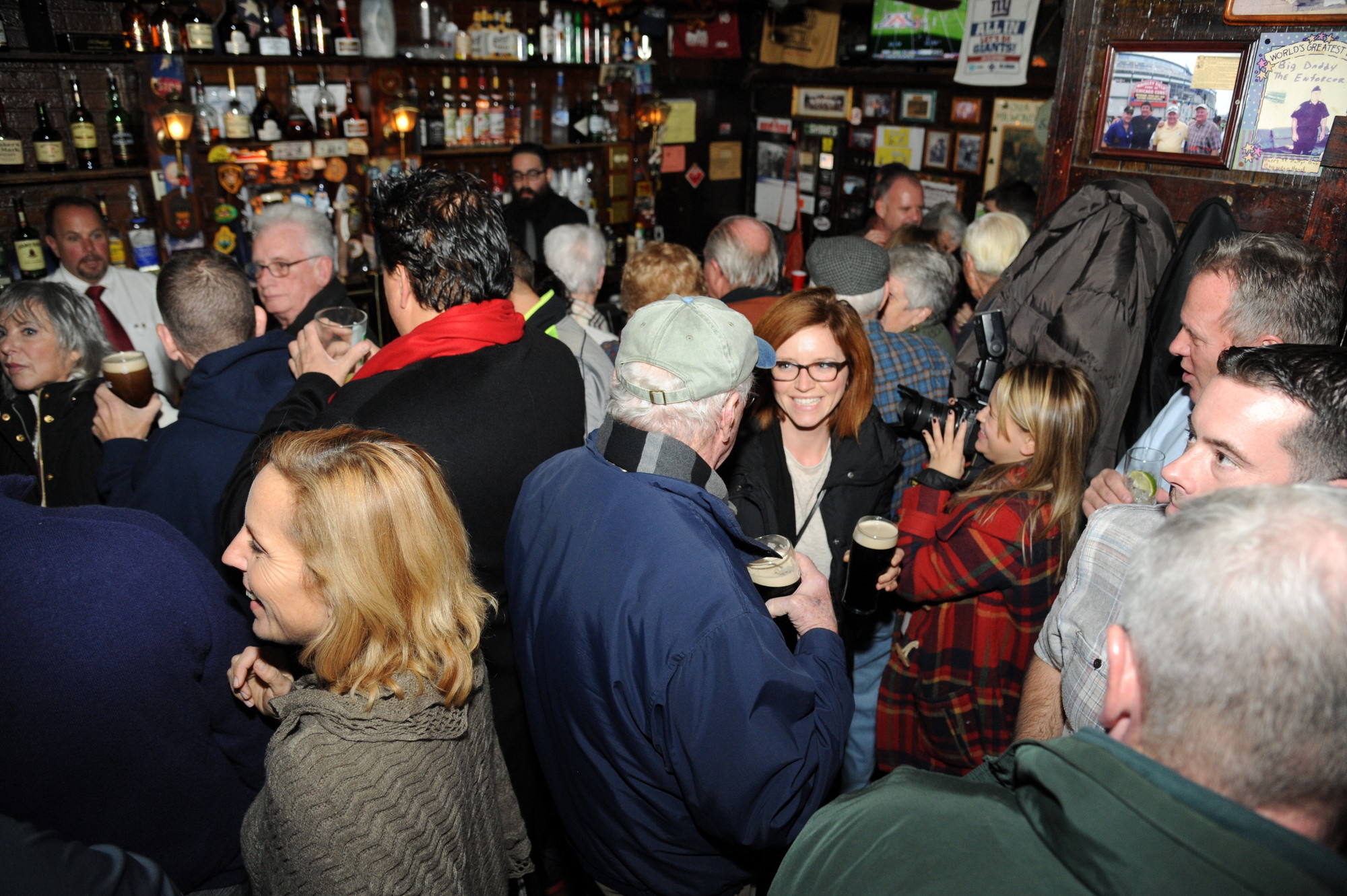Shine's marks its centennial, a year late
Despite the setback by Sandy, West End bar celebrates its 100th anniversary
In May, Megan Casey and her husband, Brent Wilson, owner of Shine’s, discovered a secret passageway in the floor of the 100-year-old building that led to the bar when it operated as a speakeasy during Prohibition.
“Some lady at the 100-year party insisted that actor Cary Grant did the original plumbing in the building,” Casey said after last Saturday’s centennial celebration. “I heard one where the building used to be a brothel, and that once it was used for horses and lifeguard boats; apparently there was a canal on New York Avenue at one time. And some say that Shine’s was always a bar and it had been on stilts.”
The past 100 years have generated numerous myths, endless folktales and surprises at Shine’s, which remains a staple of the West End, at California and West Beech streets.
Wilson, 33, has owned the bar since 2009, when he purchased it from his family, which had owned it since 2005.
Shine’s was set to celebrate its centennial shortly after Hurricane Sandy hit. Instead, Wilson and his wife cast aside their own concerns about the business’s survival and operated as a full-fledged soup and supply kitchen for anyone who needed it.
“Shine’s was quite literally the only beacon of light, hope and normalcy for West End residents in the days immediately following the storm,” Michigan Street resident John McNally told the Herald last year. “They didn’t stop until Thanksgiving.”
Because of Sandy, the owners were forced to hold the celebration a year later. Last Saturday, nearly 200 people turned out for the centennial bash, ranging from Assemblyman Harvey Weisenberg to former patrons who came all the way from Pennsylvania, Casey said. And then there were the regulars like Jimmy May, who has been coming to the bar since the late 1940s.
“Because of its longevity, it’s been a part of everyone’s life,” Casey said. “People tell me they came here in the 1960s and it reminds them of their dad, or someone tells us that their parents met here, or they had their first drink here in the 1970s — it’s such an intrinsic part of the history of the neighborhood. I think having an old business like this is something that connects us to our past.”

 39.0°,
Fair
39.0°,
Fair 